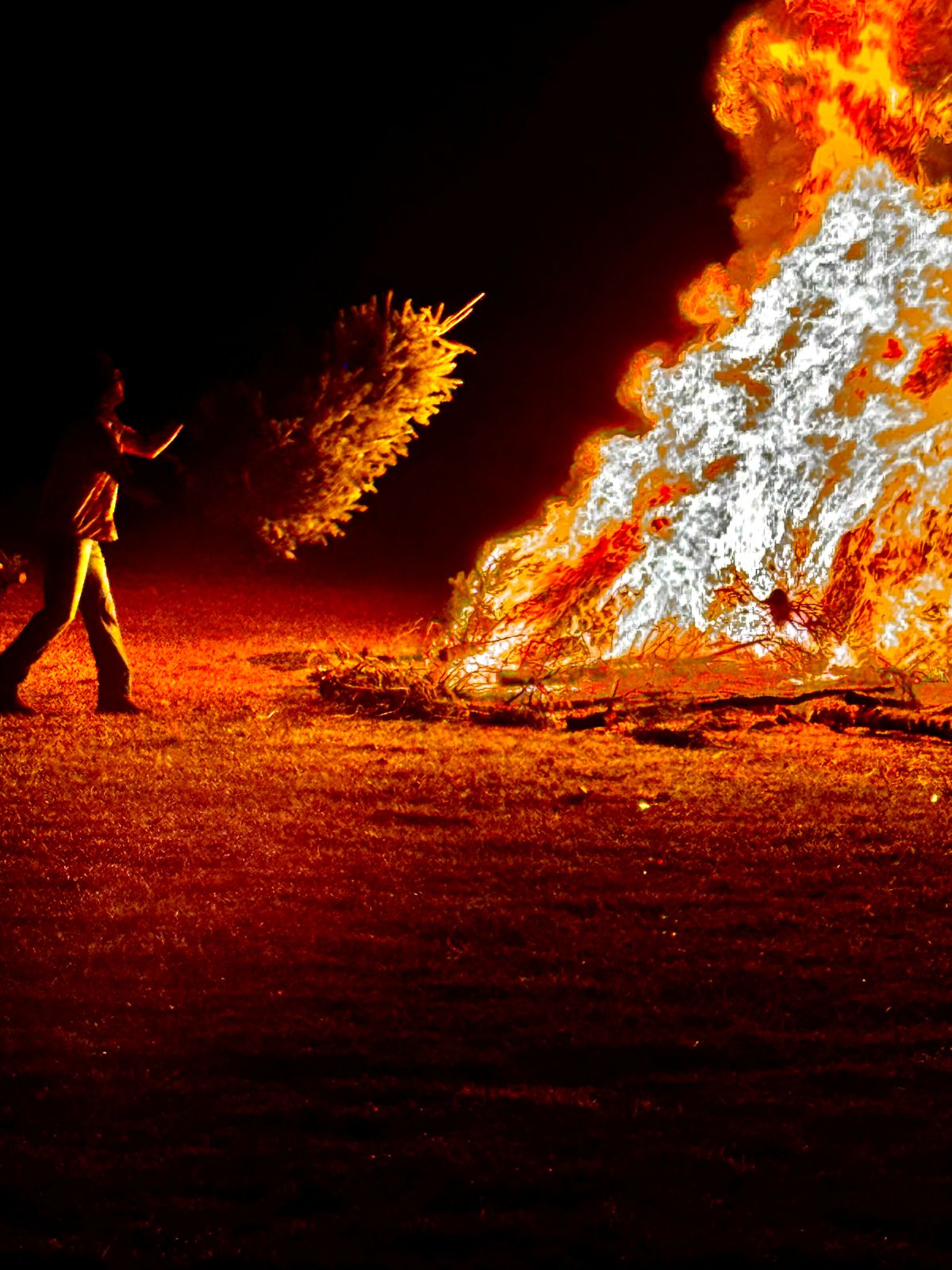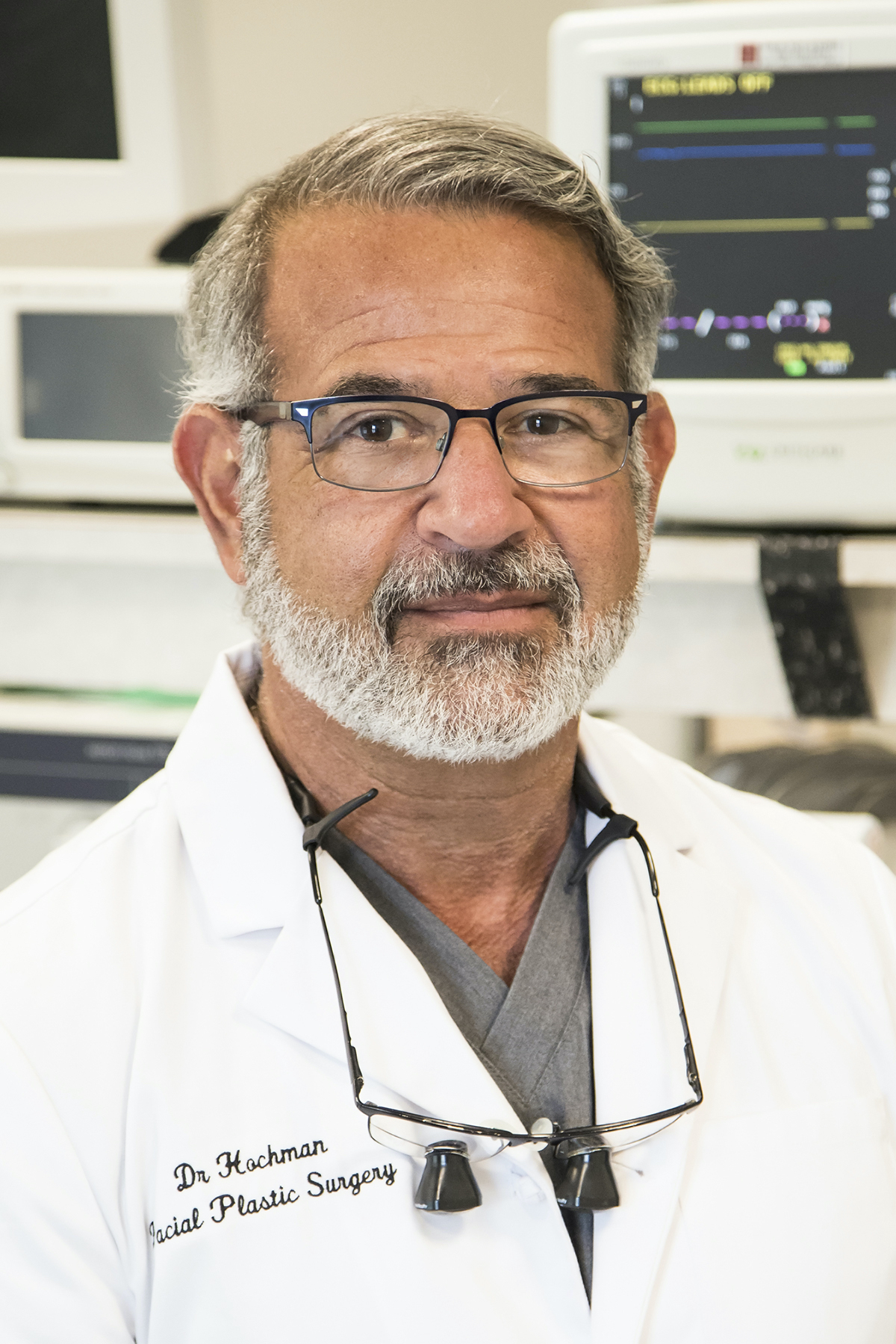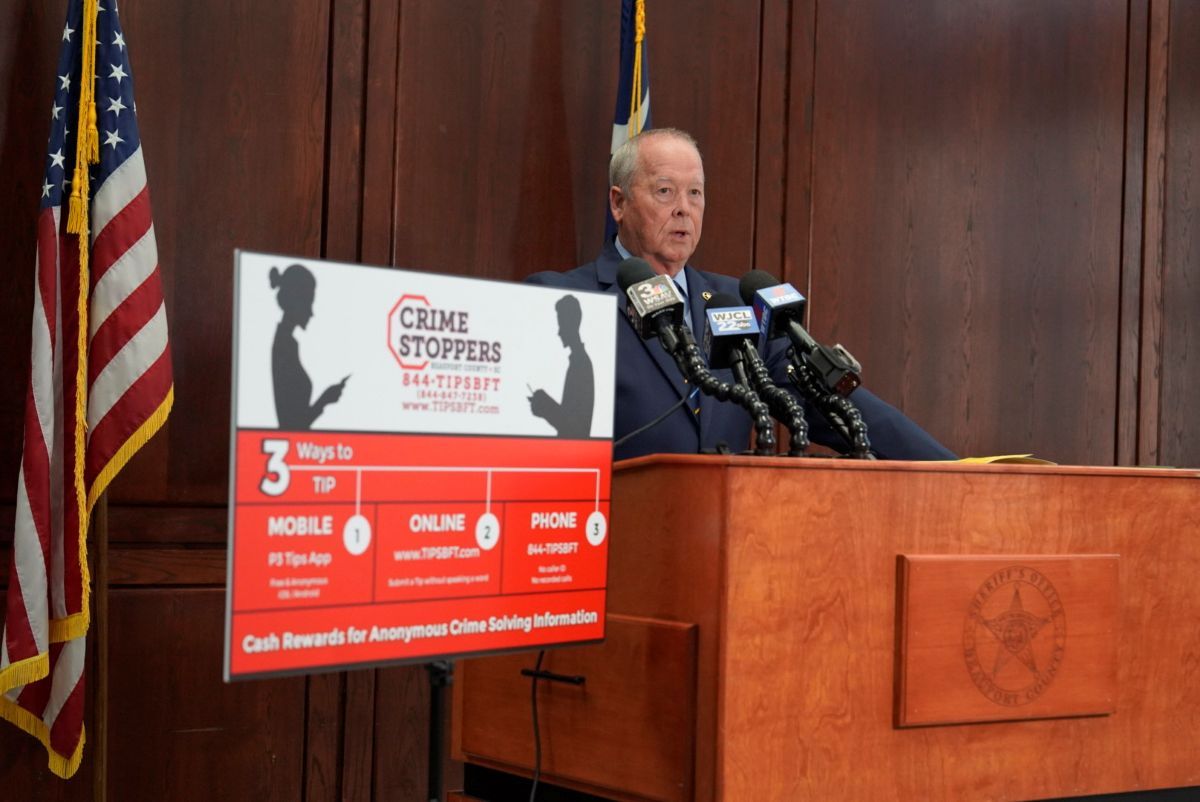Members of Beaufort’s newly minted Civil Air Patrol squadron spread the word last Saturday, April 5, that the group is now officially chartered and holding meetings at the Beaufort County Airport on Lady’s Island.
About a half-dozen student cadets and several adult members staffed a booth at Beaufort Air Day, which took place from 11 a.m. until 3 p.m. at the airport. The event included aircraft for the public to view, food from local restaurants, displays from aeronautical businesses and a special area for children to play and build.
The Civil Air Patrol is the civilian auxiliary of the U.S. Air Force and supports 26,000 cadets nationwide ages 12-21. The program focuses on developing and educating young people in four areas: leadership, aerospace, physical fitness and character development.
Cadets don’t stop learning once they reach age 21, and the responsibilities become more serious if they stay on. Senior Civil Air Patrol adult members and student cadets execute emergency missions that involve volunteer air and ground crews. Those missions range from searching for lost hikers and boaters, to finding downed planes and pilots, to providing emergency assistance during hurricanes.
CAP flies more than 85 percent of all federal inland search and rescue missions, and an average of nearly 100 peoples are saved each year by CAP members.
The Beaufort Composite Squadron becomes the 20th Squadron in Civil Air Patrol South Carolina Wing. Squadron Commander Katrina Thompson is an Air Force veteran who now works at Marine Corps Air Station Beaufort.
“We’ll meet from 6-8 p.m. Tuesday nights at the Beaufort County Airport terminal,” Thompson said. “We had 15 cadets at our first meeting — all middle and high school students — and we hope to recruit more at Saturday’s Beaufort Air Day.”
CAP’s aerospace education efforts focus on two different audiences: volunteer CAP members and the general public. The programs ensure that all CAP members (seniors and cadets) have an appreciation for and knowledge of aerospace issues. Cadets complete aerospace education as one of the requirements to progress through the achievement levels of the cadet program. Senior members have a responsibility to become knowledgeable as well as educating the local communities and school systems about aerospace.





